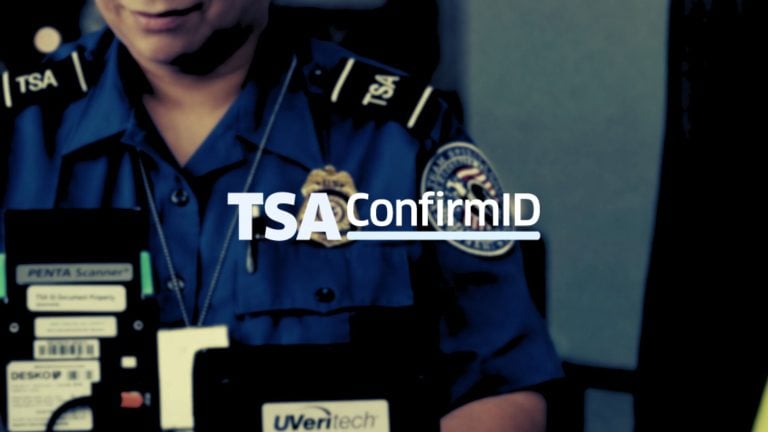It’s a far and sad cry from where Mozilla started decades ago, developing its Firefox browser as a plucky and technically superior browser fighting the good fight against Microsoft’s monopolistic dominance; today, staying afloat thanks to Google’s money, the foundation is turning against the very principles that once gave it life: an open and free internet.
Instead of focusing on its one and only true competency – building a browser, i.e., improving on the once innovative and powerful Firefox, and worrying hard about its diminishing market share at the expense of Google’s Chrome – and financial dependence on Google’s hundreds of millions of dollars a year (thanks to the default search deal) – Mozilla keeps wasting its energy and the trust of its users on failed products, and on meddling in politics.
After having to fire about one quarter of its workforce (250 people, mostly engineers) – with some sources saying the announcement read like “some kind of utopian fan fiction” – Mozilla now offers us a bit of dystopian fan fiction through a piece of research that came out of its Fellowships & Awards program.
And it goes after nothing less than decentralized networks and open source tech, as that yet uncurbed portion of the internet (now that, Mozilla and/or its mentors must believe that the corporate, centralized ones are fully controlled.)
The name of the report speaks for itself: “The Decentralized Web of Hate” – this alone could pass off as “hate speech” against one of the internet’s last best hopes.
The focus on the paper is not to present, bolster, and promote technology like P2P networks for all its immensely useful uses, but to present it as as one increasingly used by “bad actors” – parroting all the usual points that lead to massive censorship on big centralized platforms: misinformation, hate speech and toxicity.
Users are condescendingly referred to as “impressionable” (by freedom of expression?) as they escape the likes of Twitter and YouTube for alternative platforms.
The whole piece reads like a pamphlet urging those with power to now zero in on decentralized networks and find a way to censor them as well.
“As major internet platforms like Twitter and YouTube crack down on hate groups, these (decentralized) online communities don’t just go away” – this is the kind of thing Mozilla will publish on its blog these days.










